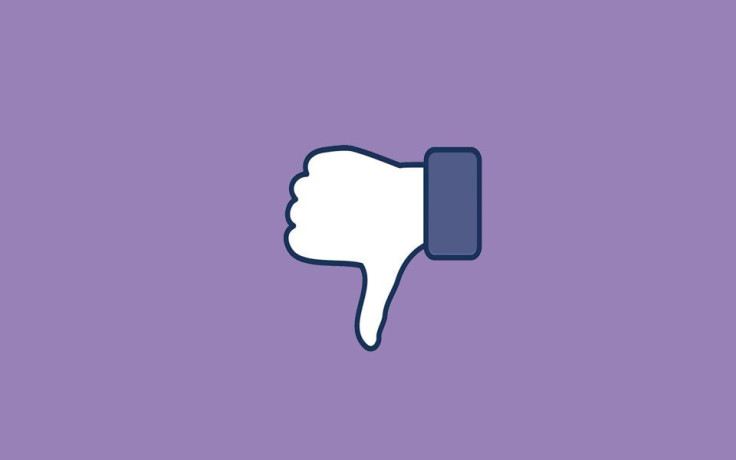Facebook Allegedly Deleting Pages For Legal Medical Marijuana Businesses

Since the 1990s when states first began to legalize medical marijuana, the cannabis industry has been at war with the federal government. As of today, 23 states have legalized medical marijuana, but the medical use of cannabis still remains illegal at the federal level.
The federal and state governments’ conflicting policies have given the marijuana industry a plethora of legal challenges that other businesses do not face. In addition to major federal raids conducted on marijuana companies, other industries, including banks, are increasingly denying service to marijuana-related corporations in fear of federal charges against their own businesses. Now, social media has joined that list of industries.
Last week, three New Jersey marijuana businesses had their Facebook pages shut down, NJ.com reported. Facebook’s policies haven’t changed (it’s against the site’s community standards to promote the sale of illicit drugs), but the site is enforcing these policies more stringently. Facebook confirmed to US News that all medical marijuana businesses are at risk for having their pages deleted.
But in order for Facebook to take action against a medical marijuana page, a Facebook user must first flag the page. “Many of us have been employing this strategy for some time,” said Kevin Sabet, the former presidential drug policy adviser, to US News. Sabet is one of the largest opponents of medical marijuana legalization, and has openly encouraged Facebook users to act against marijuana business pages. He said, “ We commend Facebook for being responsible and standing up to the big marijuana industry.”
Rather than impeding illegal drug use, however, the removal of medical marijuana Facebook pages has only made it difficult for patients to receive timely information regarding their medicine.
"It seems high-handed to simply shut down important resources for sick patients without even saying why or giving organizations a way to ask for reconsideration," said Peter Rosenfeld, a medical marijuana patient, to NJ.com. "What better use of a social media than having sites where parents of sick children can ask questions about medication and treatments?"
Though marijuana businesses often have their own websites, Facebook is "incredibly important because the state limits what we can do on our website," said Compassionate Sciences General Manager Michael Nelson. "It allows us to post strain names, which allows people to do research. It allows the communication between the patients about what is working."
Mason Tvert, a representative of the Marijuana Policy Project, raised a critical question to US News: “Why is it OK for a 15-year-old to 'like' Smirnoff and Budweiser on Facebook, but not OK for a cancer patient to learn about the state-legal medical marijuana dispensaries in their area?"
Attorney Kaiser Wahab, who represents businesses in cases against Facebook, told US News, “somebody upstairs got spooked and it’s going to take a grass-roots outcry to get Facebook to un-spook.”
Facebook did restore one of the business pages it removed, although that company deleted all of its photos and prices on the page. Because Facebook has stayed relatively silent on the issue, medical marijuana businesses are left short-handed and unsure of how to legally promote their businesses.
Published by Medicaldaily.com



























